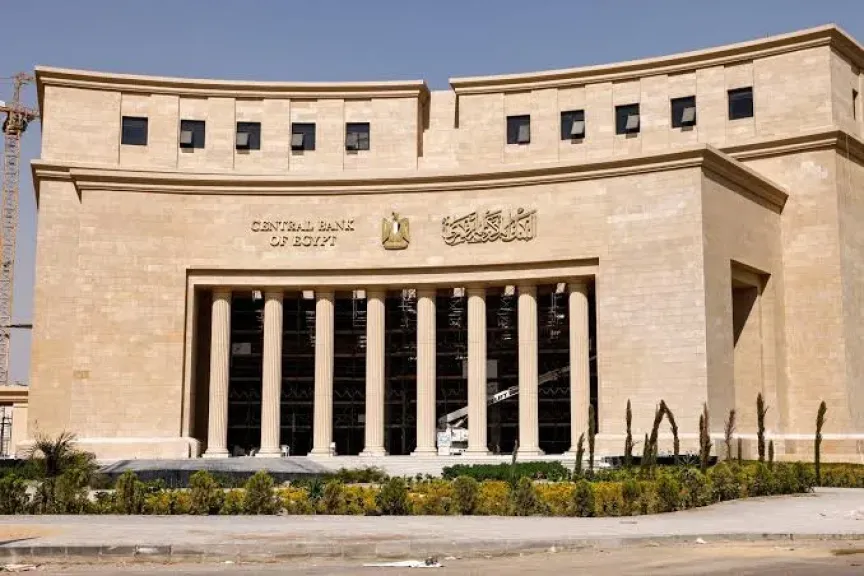FATF Recognizes Egypt’s Experience as a Global Best Practice in Financial Inclusion

The Financial Action Task Force (FATF) has recognized Egypt’s pioneering experience as one of the best international practices in balancing financial inclusion and compliance with Anti-Money Laundering (AML) and Counter-Terrorist Financing (CFT) standards. The recognition came in FATF’s updated guidance issued in June 2025.
Headquartered in Paris and established in 1989, FATF is an international organization comprising 40 member countries. It sets global standards to combat money laundering, terrorist financing, and the proliferation of weapons, ensuring that national authorities can effectively counter illicit financial flows stemming from serious crimes such as drug and arms trafficking, fraud (including cyber fraud), and corruption.
In its updated guidance, FATF commended Egypt’s efforts—led by the Central Bank of Egypt (CBE) in collaboration with the Egyptian Money Laundering and Terrorist Financing Combating Unit (EMLCU)—for developing a robust regulatory and supervisory framework that successfully achieves a balance between compliance and inclusion. The report highlighted Egypt’s initiatives that promote safe, fair, and inclusive access to financial services, thereby empowering all segments of society and supporting economic participation, while maintaining financial stability and protecting consumers’ rights.
Commenting on the international recognition, Hassan Abdalla, Governor of the Central Bank of Egypt, said:
> “This acknowledgment reflects Egypt’s unwavering commitment to its ambitious national strategy that strikes the right balance between safeguarding the financial system and enabling all segments of society to access formal financial services. It is also a testament to the tangible progress achieved through the concerted efforts of the CBE, the EMLCU, and all relevant national institutions to reinforce Egypt’s leadership in this field.”
He added that the Central Bank of Egypt remains committed to advancing this integrated approach in line with global best practices, to drive economic growth and position financial inclusion as a cornerstone of inclusive and sustainable development.
FATF’s guidance also spotlighted several key regulatory measures implemented by the CBE in coordination with the EMLCU, including:
Simplified Know Your Customer (KYC) procedures for individuals and micro-enterprises.
Enabling account opening for youth starting from age 15, artisans, and freelancers using only a national ID.
Allowing banking agents to verify customer identities to expand access to financial services.
Developing tailored financial products for women, youth, and people with disabilities.
The report further praised Egypt’s efforts to promote digital financial inclusion, highlighting the development of financial infrastructure, the expansion of e-wallets and prepaid cards, and the introduction of licensing and regulatory frameworks for digital banks, which enable institutions to deliver services through digital channels, especially in underserved and remote areas.
Additionally, the CBE has strengthened the role of I-Score, the national credit bureau, and enhanced the functions of the Credit Guarantee Company (CGC) to facilitate financing for small and medium-sized enterprises.
It is noteworthy that the FATF Guidance on AML/CFT Measures and Financial Inclusion was developed in consultation with a broad range of international stakeholders — including the Central Bank of Egypt and the EMLCU — reaffirming Egypt’s leadership role in shaping global dialogue on risk-based approaches that promote both financial integrity and inclusion.
